PPC Campaign Planning for Sales
Struggling to turn clicks into sales with your PPC campaigns? This guide unlocks the secrets to PPC campaign planning for sales success. Learn how to define clear goals, target the right audience, craft compelling ad copy, and optimise your campaigns for maximum return on ad spend. Discover how to structure your campaigns, choose the right bidding strategy, and leverage competitor insights to get ahead. From keyword research to landing page optimisation, this blog equips you with the essential steps to turn your PPC campaigns into powerful sales machines.
Are you tired of throwing money at advertising that barely gets a click? Imagine targeted ads reaching your ideal customer, driving qualified leads, and skyrocketing your sales. That's the power of a well-planned PPC campaign!
PPC (Pay-Per-Click) advertising can be a game-changer for businesses looking to supercharge their sales. It allows you to laser-focus on your target audience, putting your offerings right in front of potential customers actively searching for what you sell. But before you jump in, a strategic plan is essential.
Here, we'll break down the key steps to planning a PPC campaign that maximises your return on ad spend (ROAS) and turns clicks into conversions.
Targeting the Right Audience for Sales Success
First things first: targeting the right audience. It's not about reaching everyone, it's about reaching the right people who are most likely to convert. Let’s delve into how to define your ideal customer and craft buyer personas that will guide your PPC strategy for maximum sales success.
1. Define Your Sales Goals
Before setting sail on your PPC adventure, it's crucial to define your sales goals. Are you looking to generate a flood of qualified leads for your sales team? Perhaps you want to directly boost e-commerce sales and watch your conversion rates soar. Maybe brand awareness is your primary objective, aiming to get your brand name in front of a wider audience. Clearly defining these goals will act as your compass, guiding every decision throughout your PPC campaign planning.
For example, if your goal is to generate leads for a B2B software service, your target keywords might be broader (e.g., "project management software") to capture users at the research stage. However, if your goal is to drive e-commerce sales for a specific product like "waterproof hiking boots," your keywords would be more specific and targeted (e.g., "best waterproof hiking boots for men").
2. Know Your Ideal Customer
Imagine your ideal customer: what are their demographics (age, location, income)? What are their interests and online behaviour? What are their biggest pain points related to your product or service? By creating detailed buyer personas, you gain a deep understanding of who you're trying to reach. This allows you to tailor your PPC messaging and offerings to resonate with their specific needs and desires.
For instance, if your ideal customer for a personal training service is a busy professional in their 30s concerned about weight loss, your ad copy might highlight convenience and effective workout routines that fit their hectic schedule.
3. Keyword Research - Unlocking Search Intent
Keywords are the golden nuggets of PPC campaigns. Keyword research involves identifying the terms your target audience is actively searching for on search engines. Consider using tools like Google Keyword Planner to discover relevant keywords with high search volume and low competition.
Don't just focus on broad keywords; long-tail keywords are your friend! These more specific phrases (e.g., "buy organic cotton t-shirts online") demonstrate higher purchase intent and can lead to more qualified website traffic.
4. Analyse Your Competitors' PPC Strategies
There's no need to reinvent the wheel! Analysing your competitor's PPC strategies can be a goldmine of valuable insights. Tools like SEMrush or Similarweb can help you see what keywords your competitors are targeting, the ad copy they're using, and where they're directing users after they click.
Learn from their successes (e.g., high-performing keywords, compelling ad copy) and avoid their mistakes (e.g., irrelevant keywords, confusing landing pages). Leverage this competitive intelligence to refine your own PPC approach for maximum impact.
5. Landing Pages Optimised for Conversion
Your landing page is the final frontier, where visitors from your PPC ads make the crucial decision to convert. Don't let a poorly designed landing page derail your efforts! Ensure your landing pages are laser-focused on your PPC campaign, with clear, concise messaging and a compelling call to action (CTA) that aligns with your ad copy.
For example, if your PPC ad promotes a discount on running shoes, your landing page should showcase the discounted shoes, highlight their key features, and have a prominent CTA button like "Buy Now and Save!" Remember, a well-optimised landing page can significantly improve your conversion rates and maximise your ROAS.
Building a Winning PPC Campaign Structure
Beneath the surface of a high-performing PPC campaign lies a well-structured foundation based on a clear strategy, compelling copy and excellent metric tracking. Follow these steps and you’re onto a winner.
6. Campaign Structure & Budget Allocation
Imagine a well-organised house – everything has its place, making it easy to find what you need. The same concept applies to building a winning PPC campaign structure. This involves organising your PPC campaign into ad groups, which are smaller groups of keywords that share a common theme. For example, a campaign for a running shoe store might have separate ad groups for "men's running shoes," "women's running shoes," and "trail running shoes."
Budget allocation is like distributing resources within your house. Consider factors like keyword competitiveness (more competitive keywords might require higher bids) and expected conversion rates (allocate more budget to ad groups with a higher likelihood of converting clicks into sales). This strategic allocation ensures you're maximising your return on investment (ROI).
7. Choosing the Right Bidding Strategy
Bidding strategies in PPC are like choosing the right weapon in a battle. There are several options, each with its strengths:
Manual Bidding - This offers the most control, allowing you to set your maximum bid for each keyword. However, it requires constant monitoring and adjustments.
Automated Bidding - This saves time by letting the platform automatically adjust your bids based on your goals (e.g., maximising clicks or conversions). It's a good option for beginners or those managing multiple campaigns.
The best bidding strategy depends on your campaign objectives and budget. If you're new to PPC, start with automated bidding and gradually transition to manual bidding as you gain experience and confidence.
8. Craft Compelling Ad Copy that Converts
Your PPC ad copy is your elevator pitch to potential customers – you only have a few seconds to grab their attention and convince them to click. Here are some tips for crafting winning ad copy:
Highlight Benefits - Focus on the value proposition of your product or service. What problem does it solve for the customer?
Use Strong CTAs - Include a clear call to action (CTA) like "Shop Now," "Learn More," or "Get a Quote."
Target Keywords -Integrate relevant keywords naturally throughout your ad copy to improve ad relevance and ranking.
Keep it Concise - Search engine ad spaces have character limits, so keep your message clear and impactful.
9. Track, Analyse & Optimise for Continuous Improvement
PPC is a marathon, not a sprint. Once your campaign is launched, the real work begins! Track key metrics like click-through rates (CTR), conversion rates, and cost per acquisition (CPA). Use this data to analyse your campaign's performance and identify areas for improvement:
Are certain keywords underperforming? Pause or replace them with more relevant options.
Is your ad copy not generating enough clicks? A/B test different variations to see what resonates best with your audience.
Is your landing page not converting clicks into sales? Refine your landing page for improved user experience and conversion rates.
By continuously monitoring and optimising your PPC campaigns based on data, you ensure they are running efficiently and delivering the best possible results for your business.
The Power of Partnering with a PPC Management Agency
Planning and managing a successful PPC campaign requires expertise and ongoing effort. Here at Adavanti, our team of PPC experts can handle the heavy lifting for you. We have a proven track record of crafting high-performing PPC campaigns that deliver real results. With our expertise by your side, you can focus on running your business while we drive sales through targeted PPC advertising.
Ready to Make Sales with PPC?
By following these steps and considering partnering with a PPC management agency like Adavanti, you can develop a winning PPC campaign strategy that delivers on your sales goals.
Contact us today for a free PPC consultation and let's discuss how we can help you achieve PPC success!




















